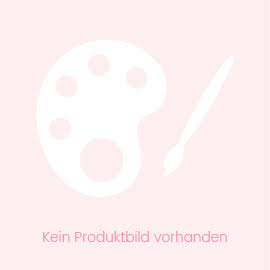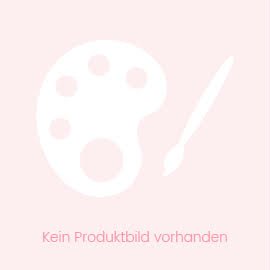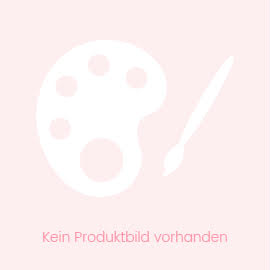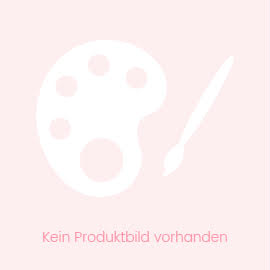Medizin In Farben - Monika Kus-Picco, Gebunden

Produktbeschreibung
Grenzen entstehen im Kopf. Monika Kus-Picco (geb. 1973 in Wien, lebt und arbeitet in Wien und Rio de Janeiro) lotet in ihrer Malerei und Fotografie Grenzen und Bewusstseinswahrnehmungen aus. In ihren großformatigen, sogenannten Medizinbildern arbeitet die Künstlerin mit Substanzen der Pharmaindustrie und macht diese erfahrbar. Zu ihren Motiven findet sie ohne Stift oder Pinsel: Am Beginn steht eine Versuchsanordnung, zu der ein bereits fertig grundierter Bildtrager zahlt. Entscheidend für Kus-Piccos Medizinbilder ist die Wahl der Medikamente. Aus ihnen gewinnt die Künstlerin den Stoff ihrer Farben. Antiseptikum, Neuron, Overdose oder auch Toothache und Familypack lauten Titel aus der Werkreihe. Die Sogwirkung der Malereien auf ihre Betrachter*innen wird unterstützt durch die olfaktorische Wirkung der Farb-Medikament-Gemische. Der Pinselstrich und Farbauftrag auf den Großformaten erinnert an kosmische Prozesse und biochemische Explosionen. Ob ein Malaria-Medikament oder Antidepressiva - Kus-Picco verwendet und recycelt abgelaufene Substanzen in traumhafte Abstraktionen, die einem Humanismus der gegenseitigen Fürsorge huldigen. Die Monografie Medizin in Farben zeigt den biografischen Ansatz in Kus-Piccos künstlerischer Praxis. Neben der Werkreihe der Medizinbilder umfasst das Buch einen umfangreichen Uberblick zu den Arbeiten der letzten 15 Jahre. Die Texte schrieben Robert Fleck, Hermann Nitsch, Herbert Brandl, Heidrun Rosenberg, Klaus Albrecht Schroder und Andrea Jungmann. Gesprache mit der Künstlerin führten Irene Gludowacz und Robert Fleck. Boundaries Are Drawn in the Mind. Monika Kus-Picco (b. Vienna, 1973; lives and works in Vienna and Rio de Janeiro) has devised an artistic practice in painting and photography that charts the outer bounds and perceptions of consciousness. For her large-format pictures-she calls them color drug paintings-the artist works with products of the pharmaceutical industry to create vivid visual experiences of these substances. She needs no pencil or brush to develop her motifs: each work begins with an experimental arrangement that involves a primed support medium. The key factor shaping Kus-Picco's color drug paintings is the choice of medications, from which she extracts the ingredients for her colors. Antiseptic, Neuron, Overdose, or, more familiarly, Toothache and Family Pack are among the titles she has given to the works in this series. The powerful allure with which they draw in the beholder is enhanced by the olfactory effect of the paint-medicine blends. The brushwork and handling of the paint in the large formats is reminiscent of cosmic processes and biochemical explosions. A malaria medication or antidepressants-Kus-Picco recycles and repurposes expired substances into dreamlike abstractions that render homage to a humanism of mutual care. The monograph Medicine in Colors sheds light on the biographical inspiration sustaining Kus-Picco's creative practice. In addition to the color drug painting series, the book presents a comprehensive survey of her output of the past 15 years. With essays by Robert Fleck, Hermann Nitsch, Herbert Brandl, Heidrun Rosenberg, Klaus Albrecht Schroder, and Andrea Jungmann and conversations with the artist by Irene Gludowacz and Robert Fleck.
-von-Persen-Verlag-in-der-AAP-Lehrerwelt-271239078.jpg)
-von-EDITION,MICHAEL-FISCHER-277510029.jpg)
-von-EUROPA-262012353.jpg)




-Buch-von-Loewe-Verlag-236535090.jpg)

